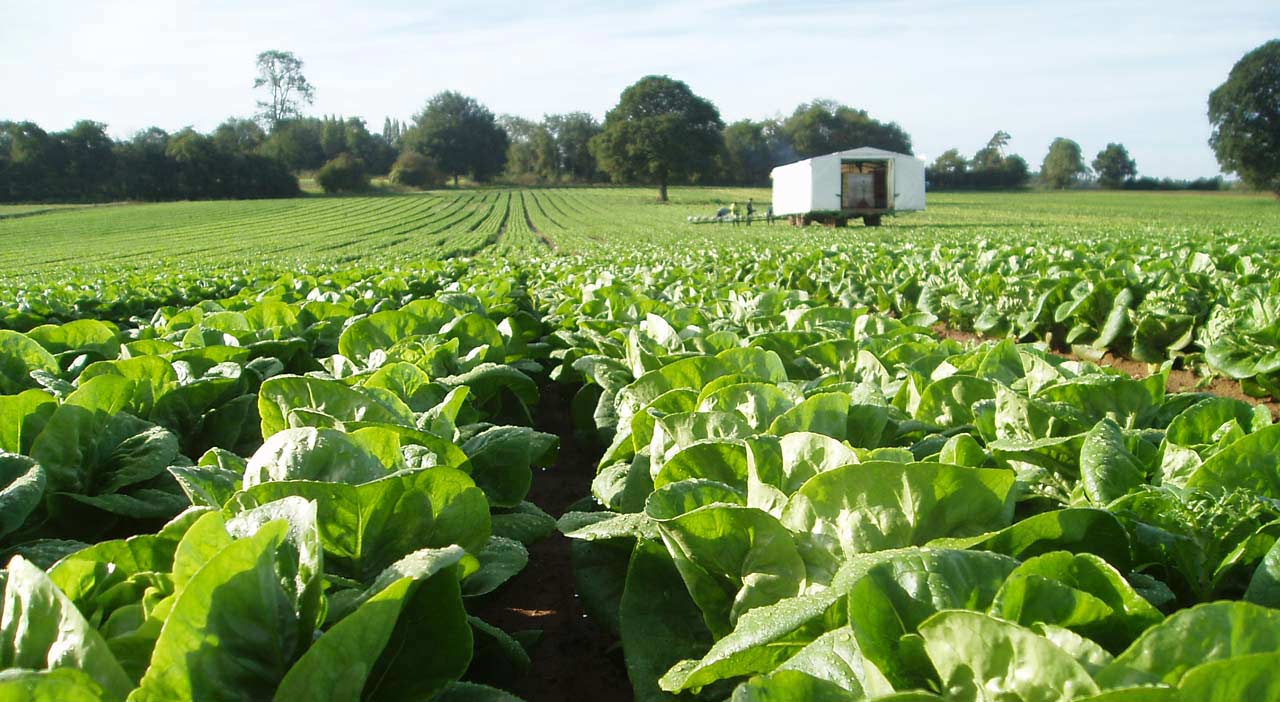An independent review commissioned by the Department for Environment, Food and Rural Affairs (Defra) into the labour shortage in the food supply chain has been published today (June 30).
It made 10 recommendations to industry and government in total:
- Implement a comprehensive strategy to enhance sector attractiveness;
- Access to migrant labour;
- Invest in domestic workers;
- Reform the apprenticeship levy;
- Build on skills supply collaboration;
- Produce a workforce data strategy;
- Advance automation knowledge;
- Moonshot approach to innovation
- Incentivise automation;
- Support food career curriculum delivery.
The National Farmers’ Union (NFU) has welcomed the findings of the report.
NFU deputy president Tom Bradshaw said: “We are pleased to see the independent panel recognises that action is needed to improve British farmers’ access to a skilled and motivated workforce.”
Bradshaw said: “Our own recent survey looking at worker shortages across the agriculture industry shows that 41% of respondents reduced the amount of food they produced due to being unable to recruit the essential workforce needed.
“The horticulture and poultry sectors have been severely impacted by worker shortages in recent years, and we welcome the panel’s recommendation to secure the seasonal workers scheme beyond 2024.”
The seasonal workers visa allows workers in the horticulture sector to work for up to six months, with 45,000 visas be available to the sector for 2023 and 2024, with the potential for 10,000 further places if there is sufficient evidence of need.
Bradshaw said: “We have been calling for a long-term five-year rolling scheme to guarantee businesses have the certainty they need to continue producing food.
“Our survey results also show that over 77% of respondents said difficulty in recruiting workers was down to a lack of applicants, so the panel’s focus on the need to boost recruitment, training and upskilling of domestic staff is positive to see.”
Defra review of labour shortage
Mark Spencer, Minister of State for Food, Farming and Fisheries said: “Since commissioning the review, we have held our first ever UK ‘Farm to Fork’ Summit at Downing Street, where we recognised the importance of ensuring the industry can access the labour it needs.”
Defra released a statement that said: “We’re supporting the sector to harness new opportunities through funding for the development of automatic and robotic technologies on farms, as part of our wider £270 million farming innovation programme.”
The fund aims to bring together agri-food businesses and researchers to address sector-wide challenges, with previously funded projects including fruit scouting robots, automated vegetable harvesters and new types of fertiliser.
Farmers and growers could apply for a share of £12.5 million, with grants for projects worth between £500,000 and £1.5 million available.

